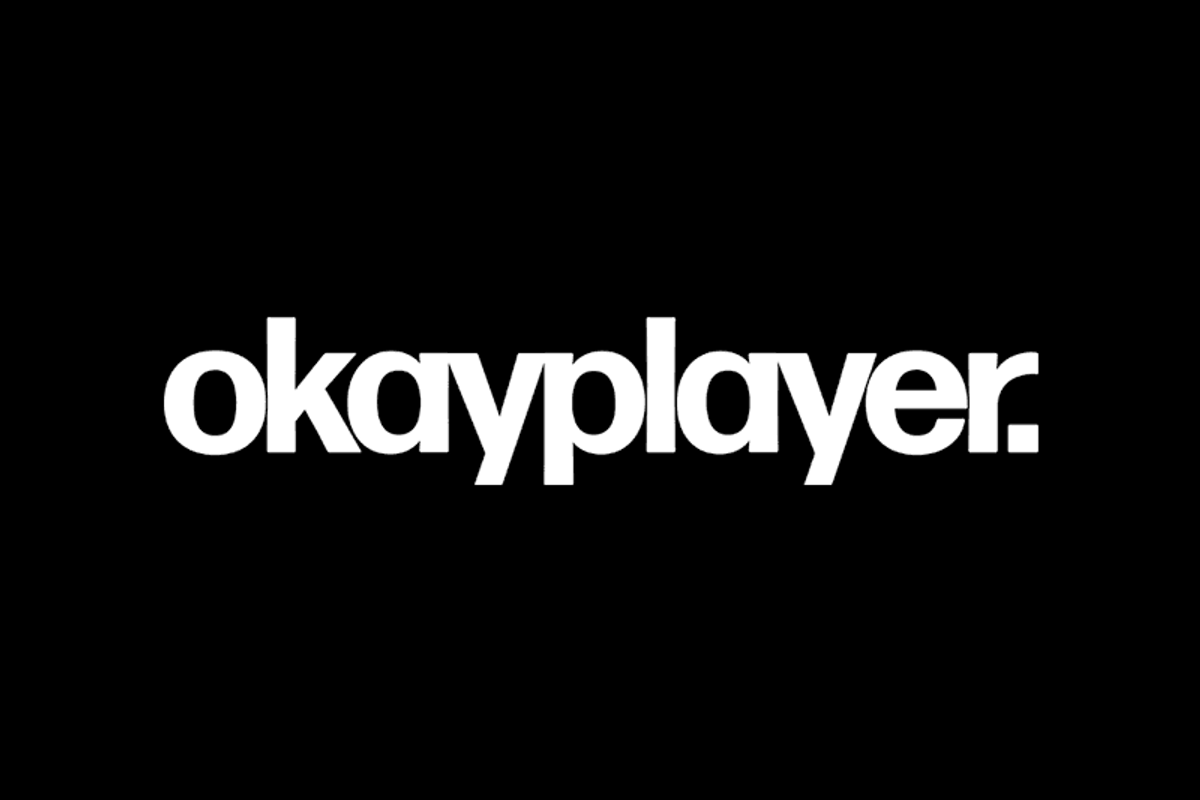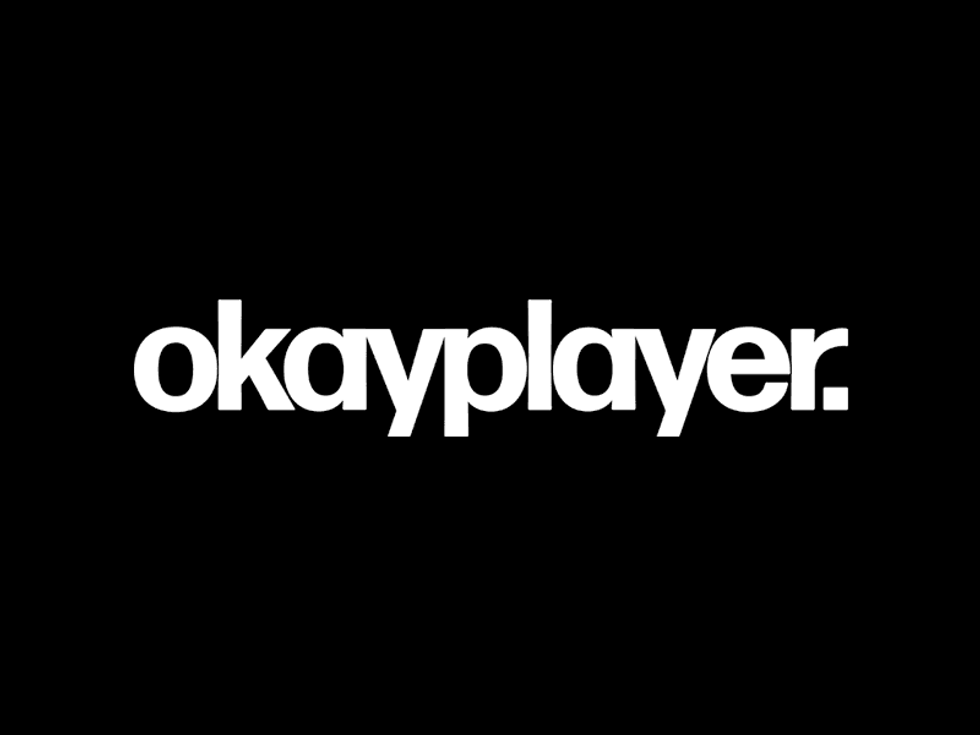
Kanye West is the Rachel Dolezal of Black America
Source: Laura Alston
To continue reading
Create a free account or sign in to unlock more free articles.
By continuing, you agree to the Terms of Service and acknowledge our Privacy Policy
Register
The content is free, but you must be subscribed to Okayplayer to continue reading.
THANK YOU FOR SUBSCRIBING
Join our newsletter family to stay tapped into the latest in Hip Hop culture!
Login
To continue reading login to your account.
Forgot your password?
Please enter the email address you use for your account so we can send you a link to reset your password:


After over a week's worth of stream-of-consciousness tweets, the release of two new songs, and a surprisingly personal extended interview with radio personality Charlamagne tha God, Kanye West culminated his impromptu publicity tour with an appearance on TMZ Live. There, the artist went from potentially misunderstood to being heard loud and clear, for all the wrong reasons. “Four hundred years of slavery? That sounds like a choice to me,” West told TMZ founder Harvey Levin, before going on to set up the familiar, highly-flawed and highly-privileged argument that mental and psychological shackles are the only things keeping black people from true liberation. Oddly enough, West’s denial of facts and rhetorical tendency to invert dog whistle sentiments to his favor are reminiscent of another equally polarizing figure in the complicated dialogue on race in America: Rachel Dolezal. As her newly-released Netflix documentary, The Rachel Divide, illustrates, Dolezal— who fell under public gaze as the delusional white woman outed for reverse-passing— is no more enlightened on how her “transracial” identity is disconnected from the reality of existing as a black person in America than she was three years ago.
WATCH: Rachel Dolezal's Son Drag Mom In Trailer For New Netflix Documentary
West shares a similar level of denial, but if Dolezal were to consider herself the Septima Clark of transracial-ism, West would be on the opposite end of the spectrum, rejecting the concept of race as something primitive and outdated. In fact, West apparently believes his understanding of race is so futuristic that the ramifications of slavery are far removed enough from his daily existence to be deemed a “choice.” At one point during his interview with Charlamagne, the duo discuss Harriet Tubman’s induction onto the $20 bill. West tells Charlamagne that the thought of seeing Tubman on American money motivated him to buy Bitcoin, purely because he’s tired of being reminded that slavery was, you know, a thing.
“Certain icons are too far in the past and not relatable, and that’s what makes them safe. They’ll let you go on the Grammys and talk about slavery and racism because it’s not talking about buying stock; it’s not talking about buying property; it’s not talking about economic empowerment. You can go and talk about all of those things because it’s not scary,” he explained. What West expressed here is reasonable, though it neglects to take into account that it is usually the people who are already in a position to purchase property and buy stock who educate themselves about doing so. Economic empowerment is, indeed, important to the advancement of any people, but then so is history and context—both of which West completely throws away when he fails to understand there are real-life consequences to using his enormous platform to deny that perceptions of race weigh into our daily interactions. If that weren’t the case, those two black men in Philadelphia would have sat in Starbucks unharassed. Tamir Rice would still be alive, as would Korryn Gaines, Deborah Danner, Michael Brown, Stephon Clark, Eric Garner, and the painfully long list of others who were murdered for merely existing.

The only time West seems willing to acknowledge the impact of racism is when it directly affects him. During his conversation with Charlamagne, West was all too willing to cry racism for the media’s criticism of his tardiness to his own fashion show, where models also happened to be fainting from heat exposure. Having actually attended the show, I can say that it was truly hot AF, but it’s also true that the most virulent criticism regarding the treatment of the models really did ignore the glaring fact that mistreating models is pretty much par-for-course in fashion. West is not the first designer, nor will he be the last, to put models in a perilous position. Now, if he were to read more, he would realize that several black writers also felt this way, and in fact, wrote extensively in his defense because they live the reality that race does play a part in perception.
In doubling down on their privilege-based, pseudo-intellectual narcissism, West and Dolezal share the same logic. As The Rachel Divide makes painfully clear, the latter is still struggling to come to terms (and consistently invalidating) the justified rage of many black people about her duplicity. Dolezal believes that because she feels black, she is authentically embodying the black experience and all of the unique struggles that come with it.
READ: Fact-Checking Kanye "Slavery Is A Choice" West's Tweets
What she fails (or refuses) to accept is that the ability to choose to live as a black person, and enjoy every second of it like it’s some grand social experiment, is a privilege that could only be borne of a particular kind of whiteness— one that hearkens back to traditions of minstrelsy. Meaning, because Dolezal cannot truly participate in every aspect of being black (particularly the most painful moments), it is as if she’s performing her version of blackness, which, like a minstrel show, is insulting. Furthermore, Dolezal feels her involvement with the NAACP and her advocacy for black people means that she is an ally who is above reproach; some people would just call it white savior complex. Dolezal further thinks her involvement with the black community justifies a move as insensitive and tone-deaf as making a Netflix documentary to “tell her story.” In reality, that story is a poorly-veiled attempt to try and dictate to black people why they shouldn’t be upset with her delusions.

Similarly, West is also quick to proclaim his love of black people while invalidating their opinions and struggles through his rhetoric and actions. Yet, where Dolezal desires nothing more than to be accepted as black, West wants nothing more than to be seen as anything but black, so much so that he’s willing to claim he’s living in a race transcendent future the rest of us don’t understand. The cold hard truth is that he’s living in a financially secure bubble that insulates him from the ramifications of the race-baiting speeches that Trump and others of his ilk unleash onto the world under the guise of “free speech” and “free thinking.”
READ: Rachel Dolezal Is Trying To Profit From H&M Advertising Scandal
West doesn’t even want to be called a rapper anymore because he feels the mainstream media labels him as such to diminish and limit him, which arguably sounds like Kanye himself thinking the term “rapper” sounds a little too black for his current “post-racial” identity. Nevermind that hip-hop is quite literally the prevailing vehicle of popular culture globally— there is probably no better time to be a rapper than right now. In this day and age, to be in hip-hop is to be synonymous with the cultural renaissance, which is precisely why Adidas taps the likes of Kanye West and Pharrell; why Louis Vuitton appoints a Virgil Abloh; why A$AP Rocky is the face of Dior Hommé.
Above all, Kanye West and Rachel Dolezal are similar because they truly believe that if the rest of us would wake up and realize that race is whatever you want it to be, despite the very painful real-world evidence that it isn’t, we would all be happy little “free-thinkers.” In the words of the Kanye of yesteryear, I say, “Wake up, Mr. West.” You are indeed in the sunken place, and it’s time to Get Out.
--
Stephanie Smith-Strickland is a Los Angeles-based music and culture writer. Keep up with her on Twitter @Perstephon3